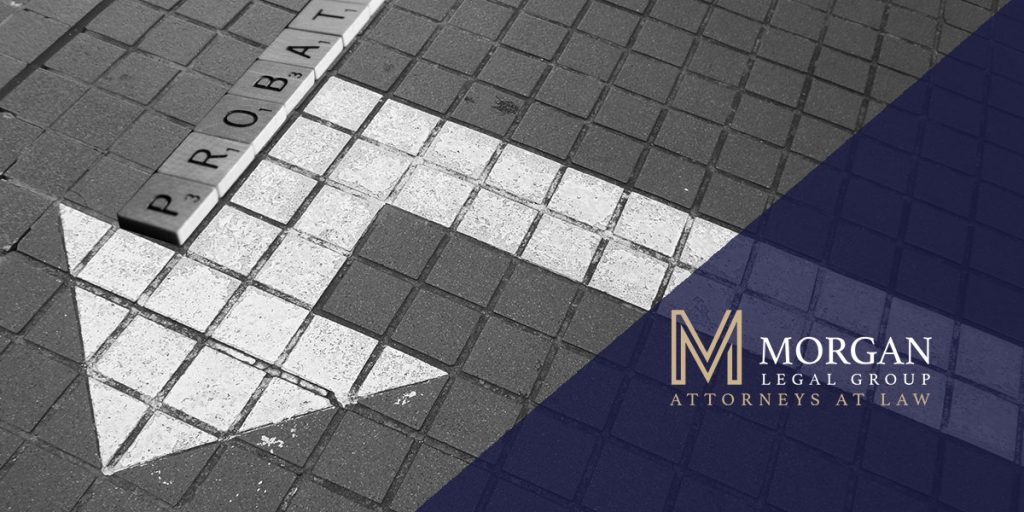Understanding the Probate Process in NYC and How to Avoid It
The probate process is a critical aspect of estate administration in New York City, and understanding how it works is essential for effective estate planning. At Morgan Legal Group in New York City, we specialize in guiding our clients through the intricacies of probate and exploring alternatives to avoid it when necessary. In this comprehensive guide, we will delve into the probate process in NYC, its advantages, disadvantages, and strategies to avoid it potentially.
How Does the Probate Process Work in NYC?
Probate is the legal process of validating a deceased person’s will and ensuring that their assets are distributed according to their wishes. Here is a step-by-step overview of how the probate process typically works in New York City:
1. Filing the Petition
The process begins with filing a petition in the Surrogate’s Court in the county where the deceased resided. The petition usually includes the will and a list of the deceased’s assets.
2. Appointment of Executor
If the will designates an executor, the court will typically appoint that person as the executor. If there is no designated executor or if the designated executor is unable or unwilling to serve, the court will appoint an administrator.
3. Notice to Beneficiaries and Heirs
Notice of the probate proceeding is provided to all beneficiaries named in the will and legal heirs of the deceased. This allows them to contest the will if they believe it is invalid.
4. Inventory and Appraisal
The executor is responsible for preparing an inventory of the deceased’s assets and obtaining appraisals of their value. This information is submitted to the court.
5. Payment of Debts and Taxes
Outstanding debts and taxes, including estate taxes, are paid from the deceased’s estate. This is a critical step in the probate process.
6. Distribution of Assets
After debts and taxes are settled, the remaining assets are distributed to the beneficiaries according to the terms of the will or the laws of intestacy if there is no will.
7. Closing the Estate
Once all assets have been distributed, the executor or administrator will file an accounting with the court, demonstrating how the estate was handled. After the court approves the accounting, the estate is considered closed.
Advantages of Probate in NYC
The probate process, while often seen as cumbersome, offers several advantages:
1. Legal Validation
Probate ensures that the deceased’s will is legally valid, reducing the risk of disputes and challenges to the will’s authenticity.
2. Creditor Notification
Probate provides a structured process for notifying and paying the deceased’s creditors, ensuring that debts are settled appropriately.
3. Court Oversight
Court oversight can be beneficial in cases where there are concerns about the executor’s actions or disputes among beneficiaries.
Disadvantages of Probate in NYC
Despite its advantages, probate also has some drawbacks:
1. Time-Consuming
Probate can be a lengthy process, often taking several months or even years to complete, which can delay asset distribution to beneficiaries.
2. Costly
The probate process involves court fees, attorney fees, and other administrative costs, which can reduce the value of the estate that beneficiaries ultimately receive.
3. Lack of Privacy
Probate proceedings are a matter of public record, which means that anyone can access information about the deceased’s assets, beneficiaries, and debts.
Strategies to Avoid Probate in NYC
Given the potential disadvantages of probate, many individuals seek strategies to avoid it. Here are some effective alternatives:
1. Revocable Living Trust
A revocable living trust allows you to transfer assets into the trust during your lifetime and designate a successor trustee to manage those assets upon your passing. Assets held in a living trust generally avoid probate.
2. Joint Ownership
Jointly owning property with rights of survivorship, such as joint tenancy or tenancy by the entirety, ensures that the property automatically passes to the surviving owner(s) without going through probate.
3. Beneficiary Designations
Assets like life insurance policies, retirement accounts, and payable-on-death (POD) bank accounts can have designated beneficiaries. These assets pass directly to the beneficiaries outside of probate.
4. Small Estate Affidavit
If the estate’s value is below a certain threshold (currently $50,000 in New York), you may be able to use a small estate affidavit to claim assets without going through full probate.
5. Gift and Spenddown Strategies
Some individuals choose to gift assets during their lifetime to reduce the size of their taxable estate. However, this strategy may have implications for gift taxes.
Conclusion
The probate process in NYC can be complex and time-consuming, but it is a necessary part of estate administration. However, by carefully planning your estate and considering alternative strategies, you may be able to minimize the impact of probate on your assets and beneficiaries.
Morgan Legal Group is here to provide expert guidance if you need assistance with estate planning or probate matters in New York City. Our team of experienced attorneys specializes in helping clients navigate the complexities of estate law.

